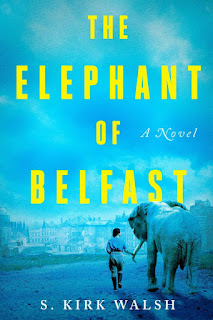Jussi, the uneducated young man being tutored by the pastor Laestadius, finds it hard to believe that large buildings filled with books actually exist. "That must be dreadful," he says, dreadful because no one but God could ever hope to read them all.
Laestadius replies, "Maybe that's the purpose of libraries, that we should witness God's greatness in them."
Yet it is Jussi who has the last word when he says, "But if libraries exist, do we need churches?"
This exchange makes three points I would like to comment on:
1. Even my own personal library includes more books than I will ever be able to read. I find that thought dreadful. Not only do I wish to read them all, but I want to reread many of those I have already read. It is not the existence of the books themselves that is dreadful, and I don't think Jussi means this. Even speed readers, and I am not among them, cannot read all they would like to read. It truly is a dreadful thought for lovers of books.
2. Do libraries reveal the greatness of God? It is a matter of perspective, of course. Just as some see the vast universe or the amazing natural world around us as evidence of a Creator, while others don't, so the vast knowledge, points of view and creativity assembled in a library may or may not be viewed as evidence of God's greatness. The Bible speaks of mankind as being made in God's image, suggesting that people are also creators, their work, as well as God's own, on display at the local library.
3. A library and a church are alike in that as a library consists of the books, not the building in which they are housed, so a church consists of a group of believers, not the building where they worship. Those who find evidence of God in a library are the church.












